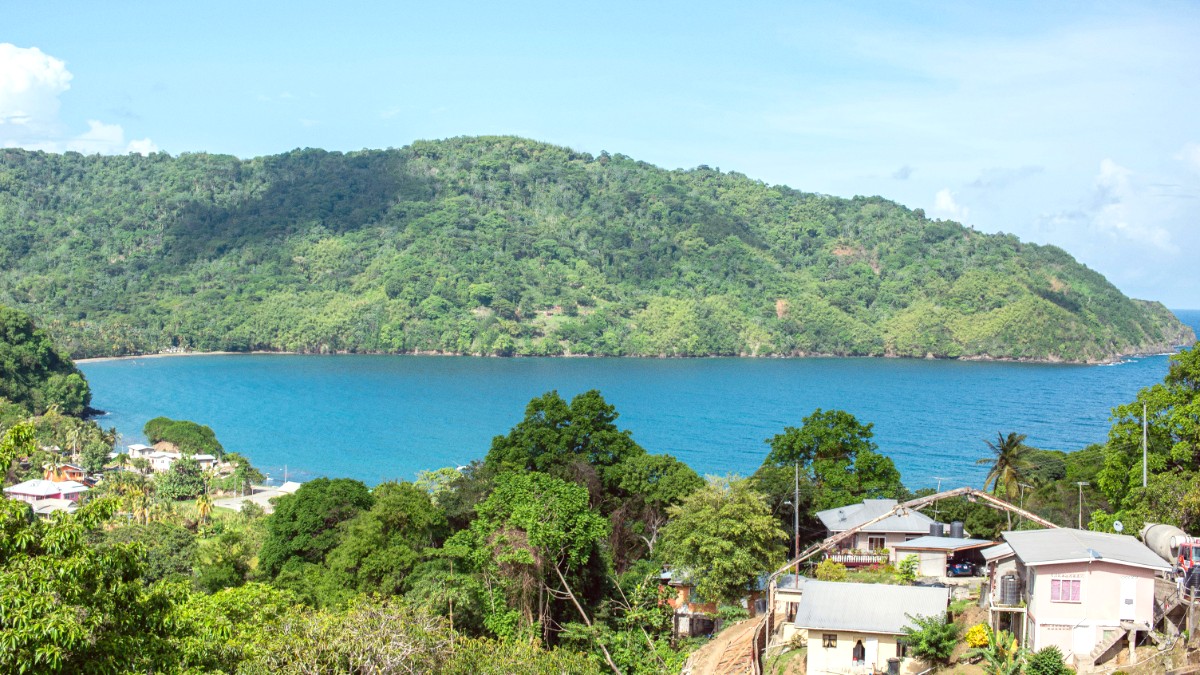
Trinidad And Tobago
Trinidad holds numerous protected areas: national parks, wildlife sanctuaries (like the Caroni Bird Sanctuary), and forest reserves. Respect all rules within these areas.
Recycling infrastructure is limited. Reduce single-use plastics. Dispose of trash responsibly. Avoid littering, especially in natural areas and on beaches.
Conservation is a good practice. Be mindful of water usage, especially in guesthouses or eco-lodges. Take shorter showers and reuse towels where appropriate.
Protect Trinidad's unique ecosystems and natural resources.
If you feel concerned about the environmental impact of your flights, support carbon offset projects. Airlines and third-party organizations offer options.
Look for accommodations that actively promote sustainable practices: energy efficiency, waste reduction, water conservation. Choose operators adhering to ethical wildlife viewing.
Trinidad has a rich biodiversity, including diverse bird species and endangered Leatherback turtles. Respect all protected areas and conservation initiatives.
Reduce single-use plastics and dispose of waste responsibly. Consider bringing a reusable water bottle to lessen plastic bottle consumption.
Consider bringing reusable water bottles and bags. Opt for products with minimal packaging.
Package Free ShopSupport organizations dedicated to conservation and environmental projects in Trinidad.
The Rainforest SiteConscious travel decisions contribute to the preservation of Trinidad's natural beauty and support local conservation efforts. Every small effort creates a difference.
Engage with Trinidad's diverse culture respectfully.
Support local cultural initiatives, traditional art forms, and heritage sites. Attending local performances, visiting historical complexes, and purchasing authentic crafts contribute to the preservation of Trinidadian culture.
Be polite and friendly. Learn a few local phrases. Dress modestly when visiting religious sites. Engage in conversations with an open mind and a desire to learn.
Avoid discussing politics or religion unless invited into the conversation.
Participate in cultural events with an open and respectful approach.
Always respect personal space and privacy in public settings.
Cultural sensitivity deepens your connection with Trinidad. Respect for local traditions and considerate interactions create meaningful travel experiences.
Ensure your travel benefits local communities.
Seek tours or guesthouses directly supporting local communities. Cocoa estate visits in rural areas or small village tours provide direct income to residents.
When purchasing souvenirs and crafts, buy directly from local artisans or fair-trade certified shops. This approach ensures economic benefits stay local and producers receive fair compensation.
Dine at local restaurants and 'cook shops.' Use local tour guides. Buy from small, independent shops rather than international chains when feasible.
Be aware of and avoid any activities that exploit people, animals, or the environment. Do not engage in activities contributing to illegal wildlife trade or harming natural habitats.
If you wish to make charitable contributions, research and support established local non-governmental organizations (NGOs) or charities. These organizations work directly with communities.
Identify local NGOs working effectively in communities.
Donations to established charities reach those in need.
Spontaneous street giving can create dependency.
Act with integrity. Ensure your travel choices uphold human dignity and environmental wellbeing. Support local initiatives and avoid harmful practices.
Every travel decision can benefit Trinidad. Choosing local, ethical, and sustainable options contributes directly to the welfare of communities and the environment.